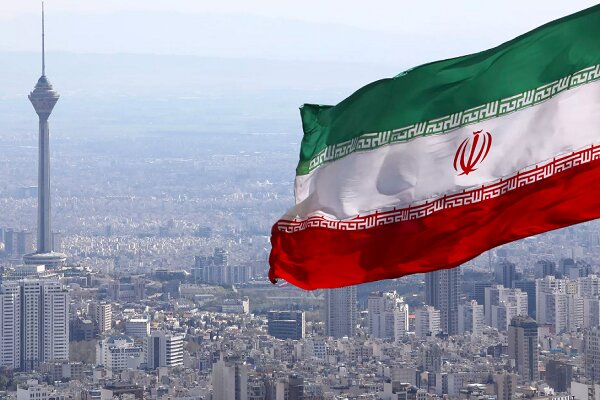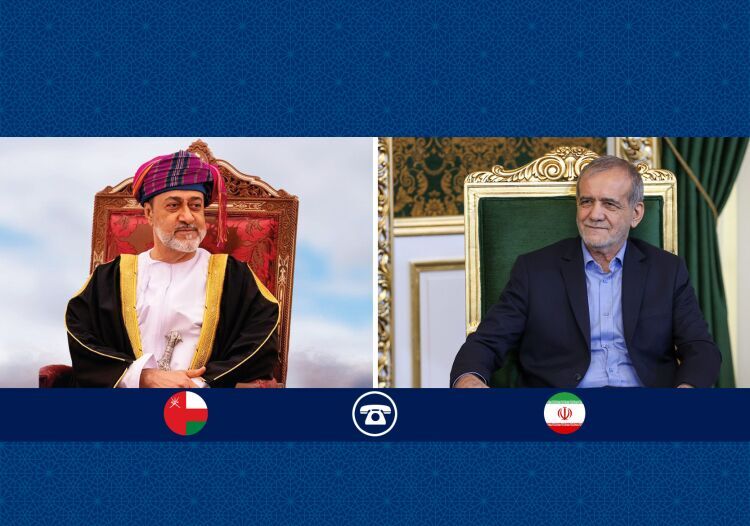
Similar Posts
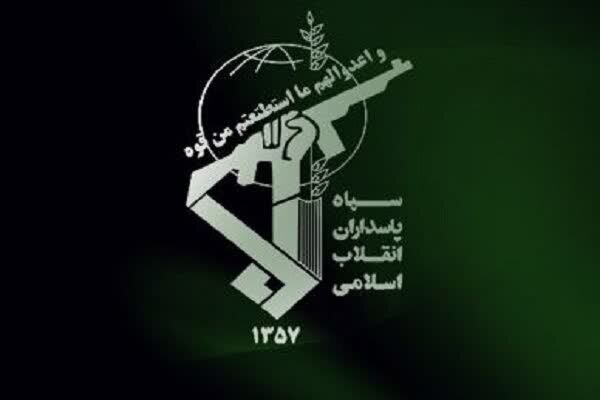
Inside the IRGC: Safeguarding Lives and National Security Through Vital Missions
The Islamic Revolutionary Guard Corps (IRGC) is central to Iran’s national defense, safeguarding the Islamic Revolution’s principles and addressing threats. Established during the Iran-Iraq War, the IRGC has evolved into a significant military force, focusing on national security and regional stability. Its humanitarian efforts include disaster response and development projects, such as infrastructure improvements. Major General Mohammad Bagheri emphasized the IRGC’s military capabilities and role as a deterrent against aggression. As the IRGC marks another year, it reaffirms its commitment to protecting Iran’s sovereignty and supporting its citizens, reflecting resilience and a sense of duty.
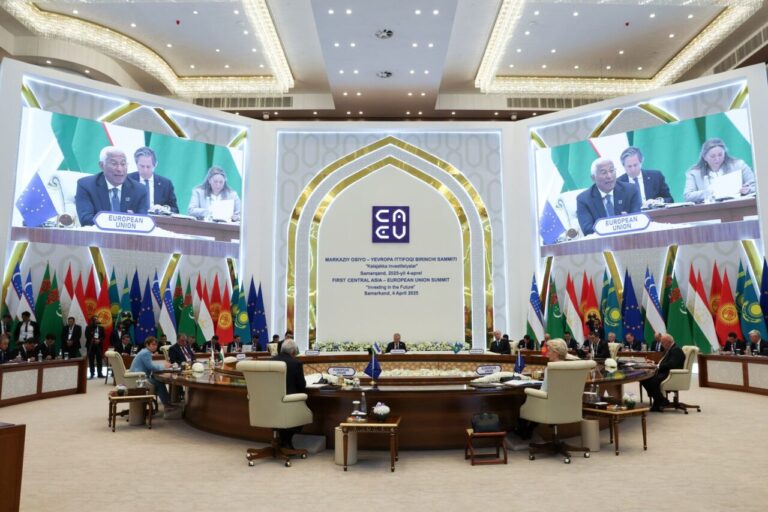
4 Central Asian Nations Label Türkiye as an Occupying Force: Rising Tensions Unveiled
Kazakhstan, Uzbekistan, Kyrgyzstan, and Turkmenistan have recognized Türkiye as an “occupying power” in Cyprus, a significant diplomatic development reported by Daily Tukik. This decision, made at the EU-Central Asia summit in Samarkand, aligns with UN Security Council Resolutions 541 and 550, which condemn the Turkish Republic of Northern Cyprus. The Central Asian nations are strengthening ties with Cyprus by opening embassies, contrary to Turkish Cypriot expectations. The declaration underscores a commitment to international law and sovereignty, challenging Turkey’s efforts within the Organisation of Turkic States (OTS) to gain recognition for Northern Cyprus amidst ongoing UN negotiations.
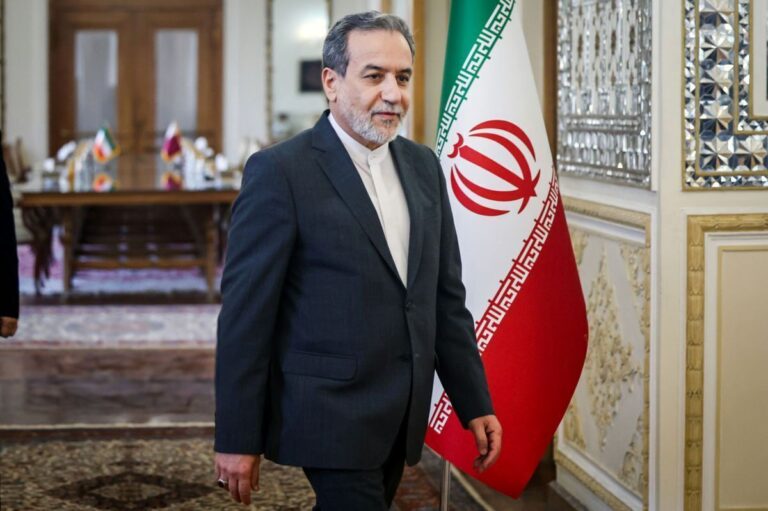
Iran and Afghanistan Unite on Border Security Strategy, Says FM Araghchi
Iranian Foreign Minister Abbas Araghchi’s recent visit to Kabul emphasized the importance of cooperation between Iran and Afghanistan in enhancing border security. Discussions with Afghan officials focused on joint border security, water management, migration challenges, and strengthening trade relations. Araghchi highlighted the shared cultural and religious ties between the two nations as a foundation for their partnership. During his meeting with the Shia Ulema Council, he acknowledged the vital role of Shia scholars in Afghanistan’s development and called for friendship among diverse communities. The council members expressed gratitude for Iran’s support to Afghan expatriates and emphasized the need for scientific and cultural exchanges.
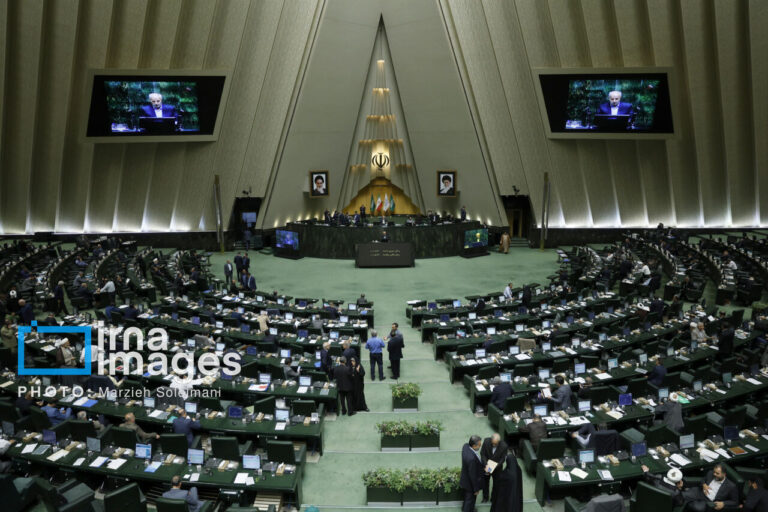
Iran’s Historical Claims: Lawmakers Champion Geopolitical Rights Over the Persian Gulf
Iran’s Parliament has reiterated the country’s historical and geopolitical rights over the Persian Gulf, following concerns about U.S. President Donald Trump’s potential misnaming of the waterway. Ahmad Naderi, a parliamentary member, emphasized the Persian Gulf’s significance, stating it is a “God-given” region. The parliament’s declaration affirmed that the name ‘Persian Gulf’ is a legitimate historical fact, not acquired through invasion. Foreign Minister Abbas Araqchi criticized attempts to politically misname the Gulf, viewing them as hostile to Iran. The Iranian government condemned these actions, reflecting its commitment to preserving national identity and sovereignty over the region.
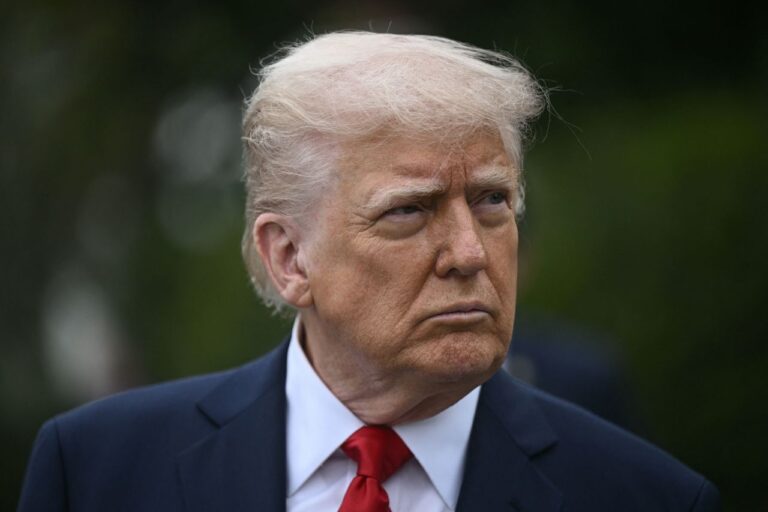
Trump Confirms No Israel Stop on His West Asia Tour: What This Means for Regional Relations
U.S. President Donald Trump has announced he will not visit the occupied Palestinian territories during his upcoming trip to West Asia, which has prompted discussions about U.S. foreign policy in the region. In a White House briefing, Trump confirmed, “We’re planning on Israel, but not for this trip.” His itinerary includes visits to Saudi Arabia, Qatar, and the United Arab Emirates from May 13-16, focusing on strengthening ties with Gulf nations. As the trip nears, observers are keen on how these meetings will impact the geopolitical landscape in West Asia.
